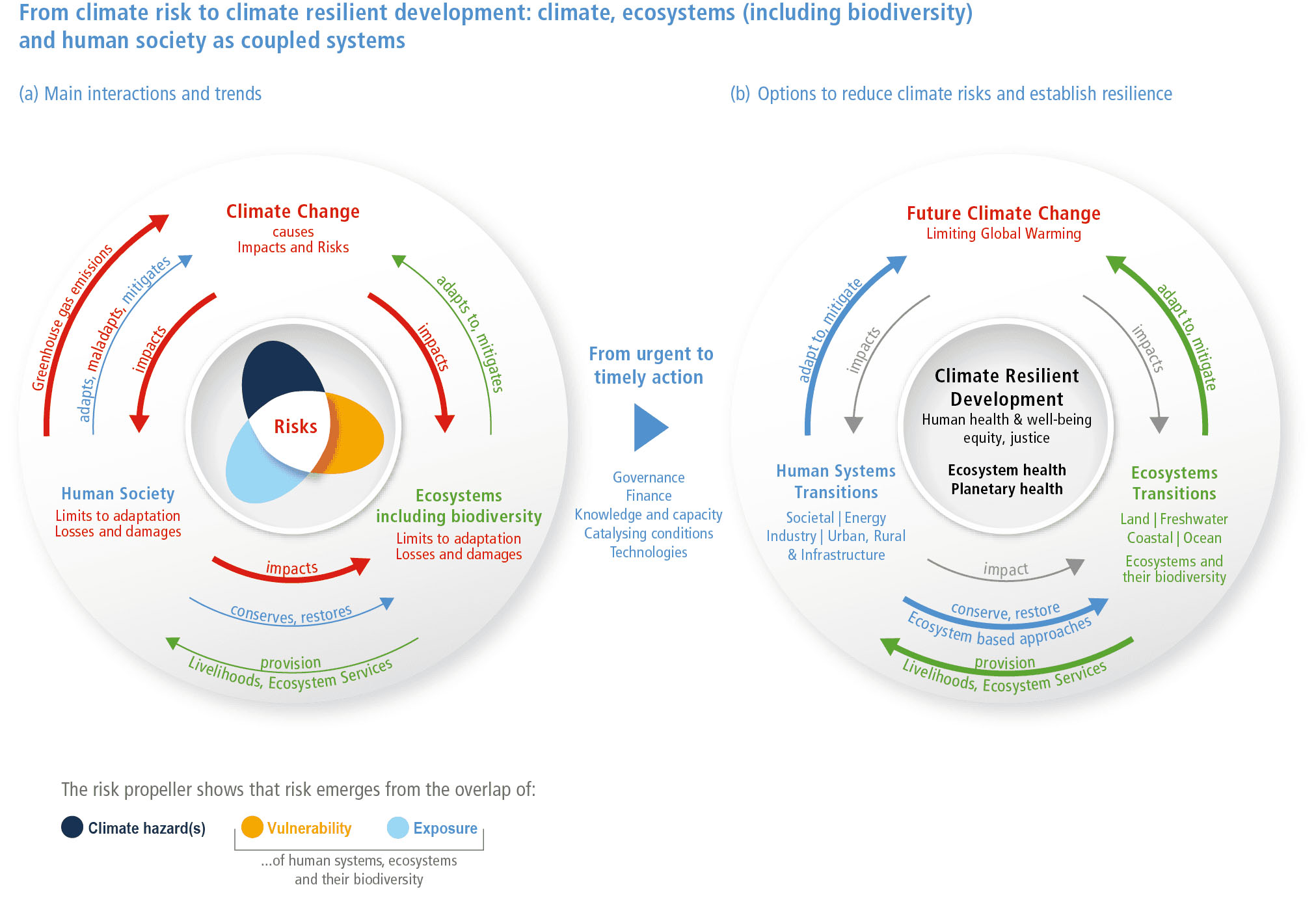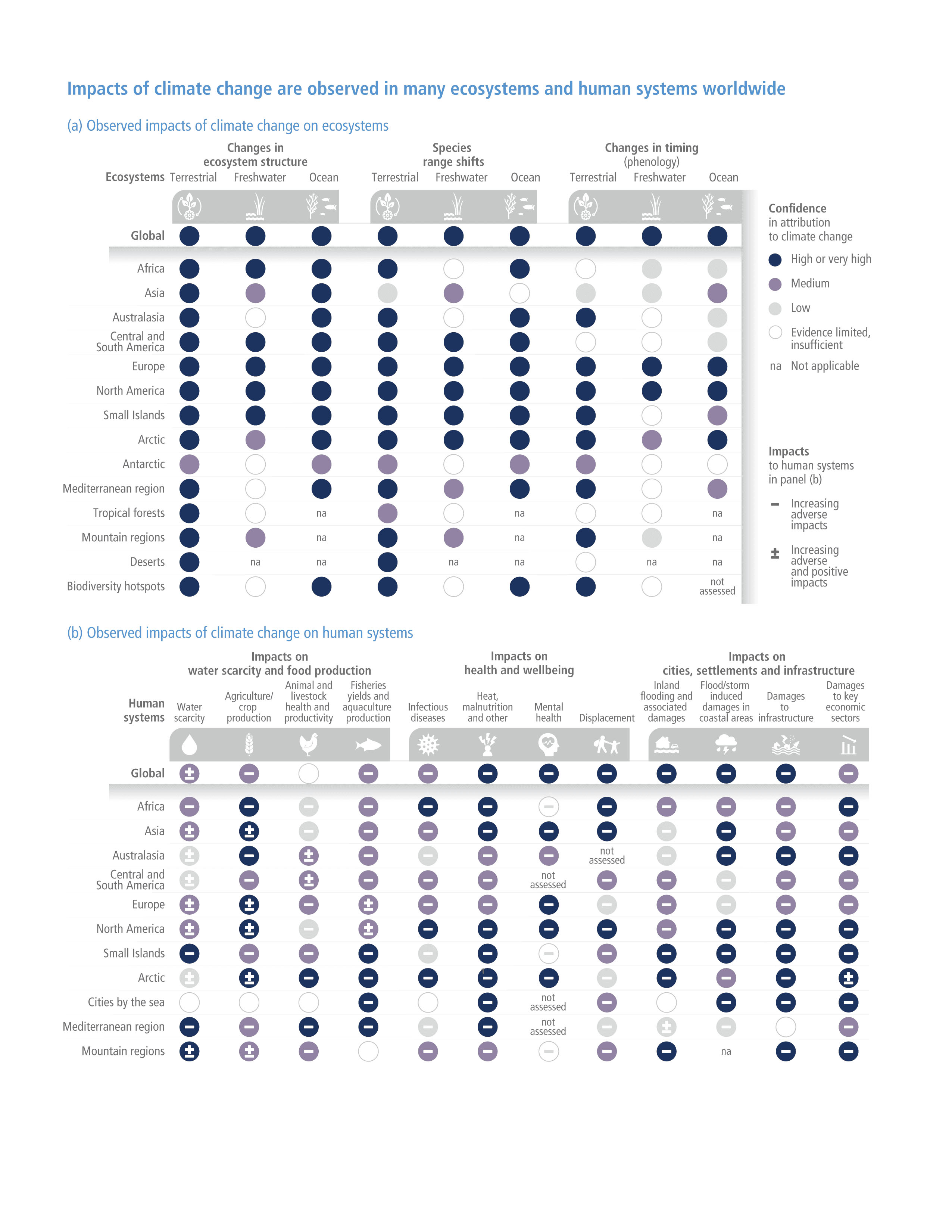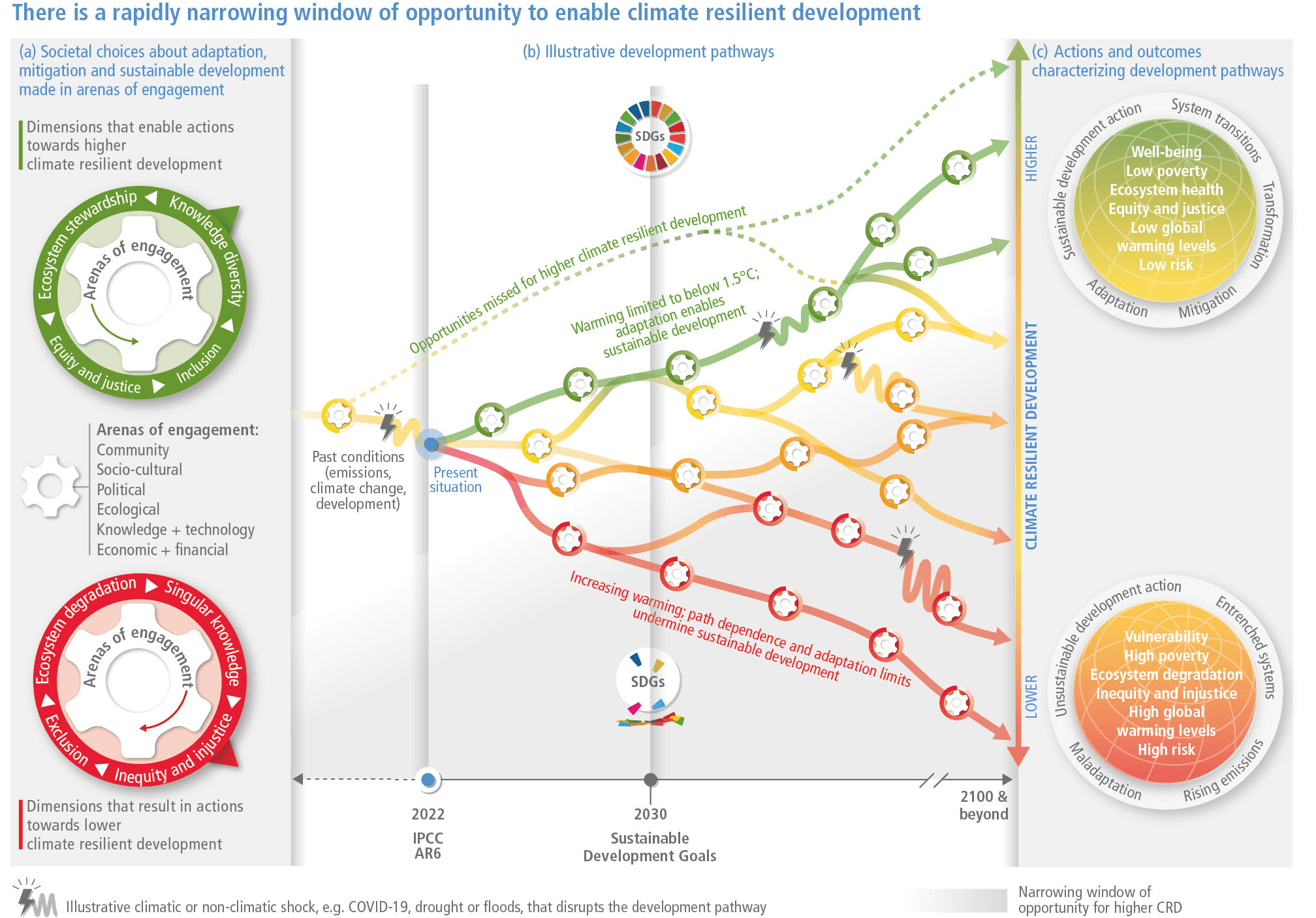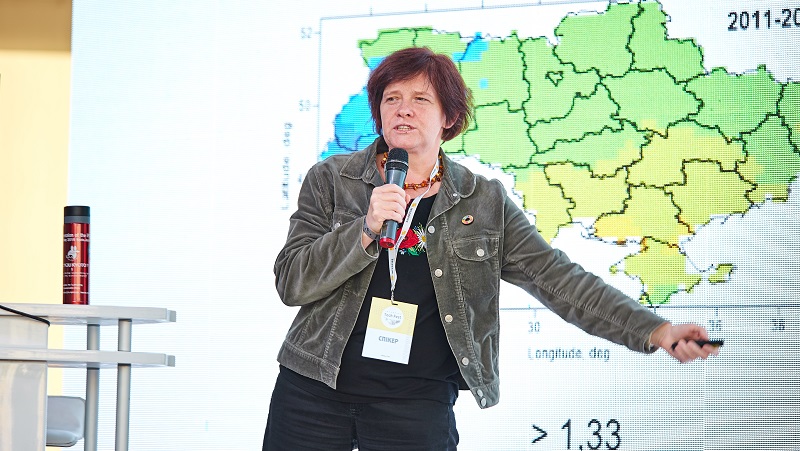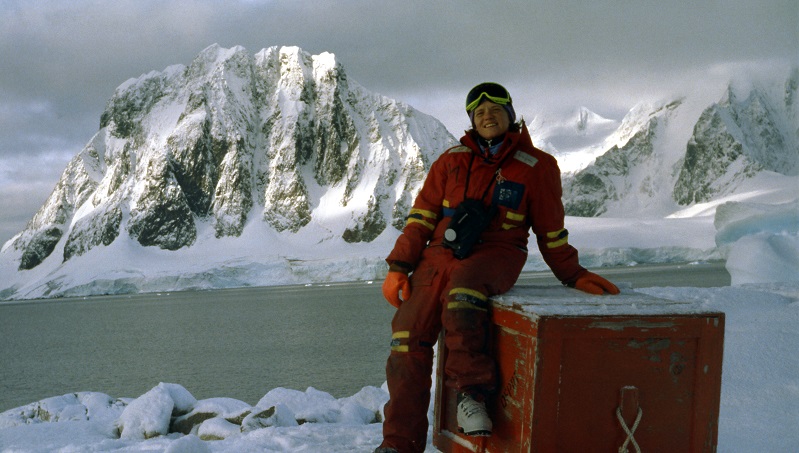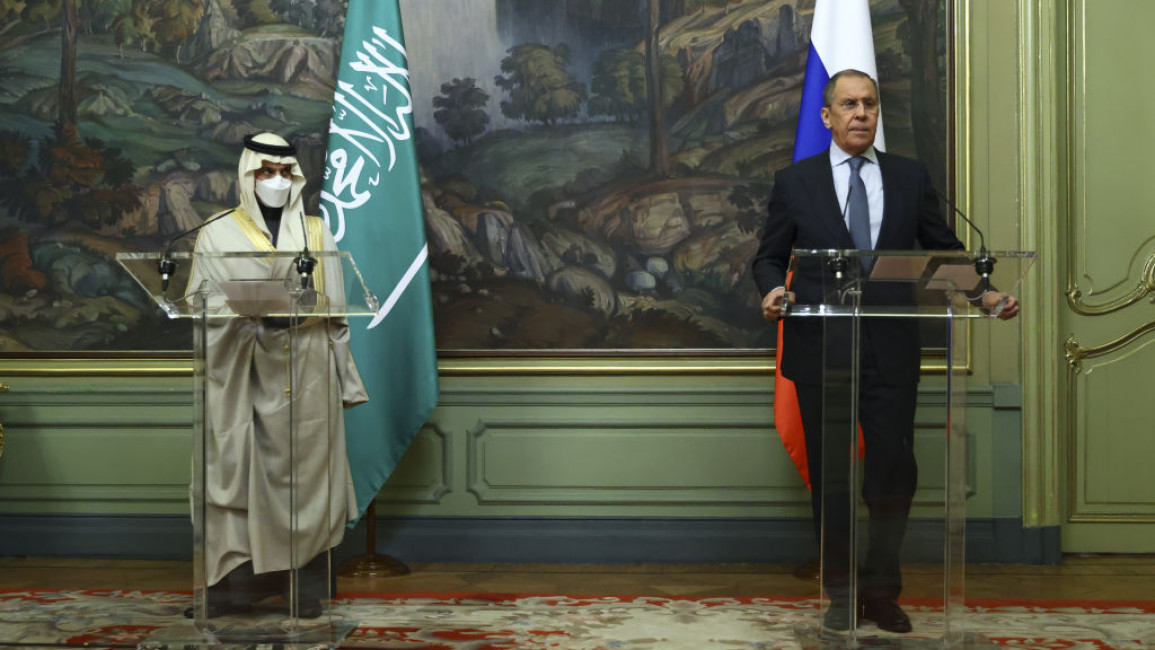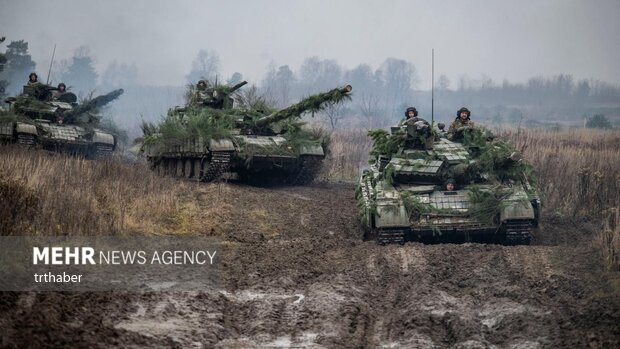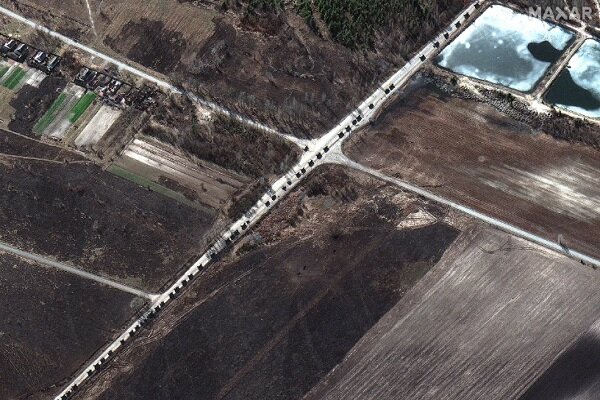JAKE HARRINGTON
MARCH 1, 2022
We’ve been transparent with the world. We’ve shared declassified evidence about Russia’s plans and cyberattacks and false pretexts so that there can be no confusion or cover-up about what Putin was doing. Putin is the aggressor. Putin chose this war. And now he and his country will bear the consequences.
In the run-up to Russia’s invasion, the public had access to an exceptionally coherent “all-source” intelligence picture. There is now more high fidelity open source reporting on Russia’s military activities than ever before, alongside formerly-secret intelligence insights into Russian intentions. It is too soon to tell whether this will have the impact that Biden hopes. But it isn’t too soon to begin thinking hard about the best way to approach declassifications in this far less secret world
In addition to ensuring that declassifications effectively balance transparency with the need to protect sensitive sources and methods, the United States should continue to evaluate how intelligence disclosures can appropriately and responsibly be used as an element of policy. This means maintaining a healthy and democratic relationship between political leaders and the intelligence community while also remaining attuned to the way intelligence, with all its uncertainties and caveats, will be received by the public.
An Increasingly Open Environment
This may be the first time that the United States has used intelligence as part of a proactive “prebuttal” strategy on this scale. But it almost certainly will not be the last. Narrative is a key front in war, and information is the ammunition. Although the United States has been accused of being slow to adjust to the realities of the modern information environment, this is not fair. For years, senior military commanders advocated the type of proactive name-and-shame strategies that Biden has used with Russia. There could be no better target: Putin, for his part, has long recognized the value of information operations, what one Russian military expert called the “war of meanings.”
Long gone are the days where United States dramatically confronted the Soviet Union with declassified imagery disproving Russian lies about its activities in Cuba. Today, government intelligence disclosures are, in many ways, contributing to a public intelligence picture that is increasingly “all-source,” to use an intelligence term of art. As a result, the environment for these latest disclosures is unlike any that preceded it. Never has the collapse of the nation-state’s monopoly on intelligence been clearer. The world is collectively tracking Russia’s movements and operations in near real-time. It is safe to say that high-fidelity open-source intelligence has finally gone mainstream.
To illustrate, imagine the current open-source intelligence environment as its own sovereign intelligence enterprise. There are space-based remote sensors. Maxar and Planet conduct the geospatial intelligence mission, delivering near-persistent high resolution satellite imagery that allows analysts to document troop movements and build-ups in detail. On the ground, sensors are everywhere — often in the form of cellphone cameras — capturing military movements, such as transport west of military equipment from Russia’s far east. On Twitter, TikTok, and Telegram, additional human sources — with varying credibility and access — are sharing real-time updates on key indicators, like long queues for gasoline or intensifying shelling in Donetsk. What becomes clear in processing all of this data, however, is that insight into capabilities is often plentiful, while insight into intentions can be sparse.
Amid this backdrop of seemingly universal transparency, governments are reassessing their relationship with secrecy. While secrecy is not dead (the United States does still spend $84 billion per year on intelligence programs) it has grown sluggish in its old age. And so, it is into a highly saturated information environment that Washington is deploying secrets about Russian false flag, disinformation, cyber, and military operations at an unprecedented rate.
Clear Capabilities and Murky Intentions
The relationship between capabilities and intentions is one of the eternal tensions in intelligence analysis. One unfortunate historic lesson is that when decision-makers (and all humans for that matter) lack insight into what others are thinking, they often substitute their own judgments. This has been the case in numerous well-documented intelligence failures, and contributed significantly in to warning failure during the Korean War and prior to Iraq’s 1990 invasion of Kuwait. Cynthia Grabo, the late doyenne of warning analysis, taught that “it is not a question of intentions versus capabilities, but of coming to logical judgments of intentions in light of capabilities.” In Kuwait, for example, leaders underestimated the likelihood of war due to faulty assumptions about the mindset of Saddam Hussein, despite ample evidence of a massive military buildup. Prior to Russia’s Feb. 22 invasion, this same capabilities-intentions gap was at the center of disagreements about the meaning of Russia’s military build-up. In November 2021, an unnamed European diplomat, faced with mounting evidence of Russia’s activities on Ukraine’s border and lacking further insight into Russia’s calculus, was skeptical: “We don’t see that there is intention on Putin’s part so far.”
What makes the recent intelligence disclosures so remarkable is the way they are augmenting the already deep insights into Russian capabilities by delivering additional allegations about Putin’s strategy and intentions. Even if the primary intended recipient of these declassifications is Putin himself, their biggest impact might be bridging the public knowledge gap between Russian capabilities and intentions. In a battle of narratives, quick action can be decisive. Once Russia undertakes a particular maneuver and overlays it with its own version of events, efforts to establish ground truth after the fact face an uphill battle.
Careful Candor
The American declassification campaign is not without risk. There is certainly risk to sources and methods, as noted in several articles about recent disclosures. Calder Walton’s latest article in these pages cites the historical record in describing the challenges of managing disclosure. Most notably, during the Cuban Missile Crisis, President John F. Kennedy did authorize Amb. Adlai Stevenson to confront the Soviets with declassified U-2 imagery at the United Nations, but the world did not learn until later that the United States and the United Kingdom were also relying on highly sensitive human intelligence information from Soviet military intelligence officer Oleg Penkovsky. This underscore the enduring challenge for officials grappling with disclosure decisions. While the Soviets were already aware of the U-2’s existence and capabilities — which probably eased Kennedy’s decision to declassify imagery — Penkovsky’s life was quite literally in the balance. He was executed six months later.
Making determinations about sharing declassified intelligence information is a risk management process that, ideally, is conducted collaboratively between the intelligence community and the White House. Such processes should be designed to maintain the secrecy of human sources and the integrity of technical sources while maximizing the utility of intelligence to policymakers.
Without processes in place to balance intelligence community concerns about sources and methods with the intelligence needs of policymakers, the negative consequences for all sides could be substantial. Broken trust between intelligence officials and policymakers over the protection of sensitive sources and methods could disrupt essential intelligence functions. Fearing that sensitive, singular information may be leaked or disclosed without robust consultation, the intelligence community might restrict information sharing. While intelligence officials would certainly continue to keep the president and other senior leaders informed, the crucial “middle” of the national security bureaucracy — the real engine of decision-making, policy, and strategy — may find its access to some information limited. Managing such competing concerns and interests between intelligence and policy is a key National Security Council function, and it will require constant vigilance if declassifying sensitive intelligence information proves to be a core element of future crisis management efforts.
The bigger risk is one of trust. When publicizing intelligence information as part of a crisis, decision-makers need to carefully evaluate how the message will be received and understood by the intended audience. Intelligence is often ambiguous, uncertain, and even contradictory. Sometimes it is wrong. It is a tool for reducing uncertainty, not eliminating it. Raw collection is accompanied by caveats about a source’s placement and access. Analysts convey judgments using words of estimative probability, sometimes correlated to tables mapping these words to a numerical probability range. There is a patois in intelligence that frustrates and confuses even its most dedicated consumers.
Injecting intelligence — with all its caveats and uncertainties — into a hyper-charged information environment carries tremendous risk for the messenger. Opponents will capitalize on any opportunity to “prove” accusations wrong. As Michael Allen writes, “intelligence isn’t perfect—if it were, it would be called information.” This is in no way intended to suggest that the public is incapable of processing and analyzing declassified intelligence. But it underscores how governments incur significant reputational risk, even when their intelligence is accurate. Consider the recent allegation that Russia was planning to release a fake video as part of a pretext for invading Ukraine. Should such a video never materialize, can it be proven that the intelligence was wrong? Or was the lack of evidence attributable to the Russians changing their plans based on publicization of their intentions? Who bears the burden of proof? Compounding the challenge, if governments do not elaborate on the sourcing of their disclosures to protect sources and methods, they will be more likely to face accusations of obfuscation or misinformation.
Finally, it is a slippery slope when intelligence services are deployed as arbiters of truth. Successfully navigating the challenges of this era of strategic competition requires governments like the United States to engage in narrative battles — to fight in the war of meanings. But they should do so in a way that enlightens, rather than distorts.
Intelligence officers should participate disclosure decisions, and they should clearly and objectively articulate potential risks to existing sources and accesses. But it is important that this collaborative relationship does not erode the necessary and fundamental barriers between intelligence and policy. Intelligence informs policy. It does not make it. When the use of intelligence information itself becomes the policy, efforts to identify and evaluate information that is relevant to policy could unconsciously morph into something closer to shaping or supporting policy. It is essential for all parties involved to be ever-mindful of intelligence’s responsibility to inform and policy’s responsibility to decide and implement. As countless recent and historic examples illustrate, these boundaries are not always crystal clear.
The need for vigilance, however, leads into the second complex issue, which is how to maintain a trusted intelligence-policy relationship when things (inevitably) go wrong. An oft-repeated phrase is that “there are no policy failures. There are only intelligence failures.” There are plenty of examples where politicians have been quick to blame for failed policies on intelligence agencies. This will create even more problems in a future where intelligence agencies — whether they embrace their role or not — regularly find themselves at the center of diplomatic confrontations. When publicly deployed information proves wrong, and the United States loses credibility with its intended audience, will intelligence agencies be made to bear blame? History suggests they might. If the United States is serious about maturing and sustaining the types of activities that have shaped the Russia crisis, then new models for accepting risk and responsibility for the use of intelligence will be necessary.
Too Soon to Tell
The Ukraine experience will certainly influence future information campaigns, and it is essential that policymakers and the intelligence community are scrupulous in evaluating its lessons. While it may be tempting to suggest that the shrewd deployment of information was critical in rallying the unified, hard-line consensus against Russian aggression, it is impossible at this stage to know for sure. Although measuring one variable — intelligence disclosures — within an exceptionally complex system will be difficult, it is a vital exercise, since the reputation and credibility of the United States are in the balance.
One thing is certain: we are witnessing the most information-dense conflict in the history of war. In an era when anyone can be an intelligence collector, analyst, and consumer, the Russian invasion of Ukraine will force every nation and its intelligence services to more carefully calibrate the relationship between intelligence, diplomacy and public opinion.
Jake Harrington is an intelligence fellow with the International Security Program at the Center for Strategic and International Studies in Washington, D.C..
Image: White House Photo




